Saoji Dental Studio
TMJ Relief
What Is TMJ Relief?
TMJ relief refers to dental treatments designed to ease pain and dysfunction in the temporomandibular joint (TMJ) — the hinge that connects your jawbone to your skull. TMJ disorders (TMD) can cause jaw pain, headaches, earaches, difficulty chewing, clicking or popping sounds, and even jaw locking.
TMJ issues can arise from:
- Teeth grinding (bruxism)
- Misaligned bite
- Stress or muscle tension
- Injury or arthritis
Dentists can help diagnose and manage TMJ disorders to restore comfortable jaw function and improve quality of life.
Benefits of TMJ Relief Treatment
- Reduced Pain and Discomfort
Eases jaw, face, and neck pain often associated with TMJ disorders. - Improved Jaw Mobility
Helps restore the normal range of motion for speaking, chewing, and yawning. - Relief from Headaches and Earaches
Reduces TMJ-related symptoms like tension headaches or pressure in the ears. - Prevention of Further Damage
Treating TMJ early can prevent wear and tear on teeth and worsening joint damage. - Better Sleep and Reduced Teeth Grinding
Night guards or bite splints can reduce clenching and grinding, leading to better rest.
How TMJ Relief Is Provided in Dentistry
TMJ treatment is personalized depending on the root cause and severity. Common dental interventions include:
- Night Guards (Occlusal Splints)
- Custom-made devices worn during sleep to reduce teeth grinding and jaw clenching.
- Bite Adjustment (Occlusal Equilibration)
- Minor reshaping of biting surfaces to improve alignment and reduce strain on the joint.
- Orthodontic Treatment
- Braces or aligners may be recommended if bite misalignment is contributing to TMJ dysfunction.
- Physical Therapy and Jaw Exercises
- Dentists may suggest stretching or strengthening exercises for the jaw muscles.
- Medication or Botox
- Anti-inflammatories or muscle relaxants may be prescribed.
- In some cases, Botox injections are used to relieve tension in overactive jaw muscles.
- Advanced Therapies
- In rare or severe cases, surgical interventions like arthrocentesis (joint flushing) or TMJ surgery may be considered.
How to Care for TMJ at Home
- Use Your Dental Appliance as Directed
- Wear your night guard or bite splint consistently.
- Clean it daily with mild soap and water or a specialized cleaner.
- Eat Soft Foods During Flare-Ups
- Stick to soft foods like soup, yogurt, and eggs to minimize stress on the jaw.
- Avoid Overuse of Jaw Muscles
- Limit gum chewing, wide yawning, or nail-biting.
- Do not rest your chin in your hand.
- Apply Moist Heat or Ice Packs
- Use warm compresses to relax tight muscles or ice packs to reduce inflammation.
- Practice Stress Management
- TMJ symptoms often worsen with stress. Techniques like deep breathing, meditation, or massage may help.
- Follow Up with Your Dentist
- Regular checkups ensure your treatment is working and can be adjusted if needed.
Cosmetic Surgery

